The New Longevity Clinics
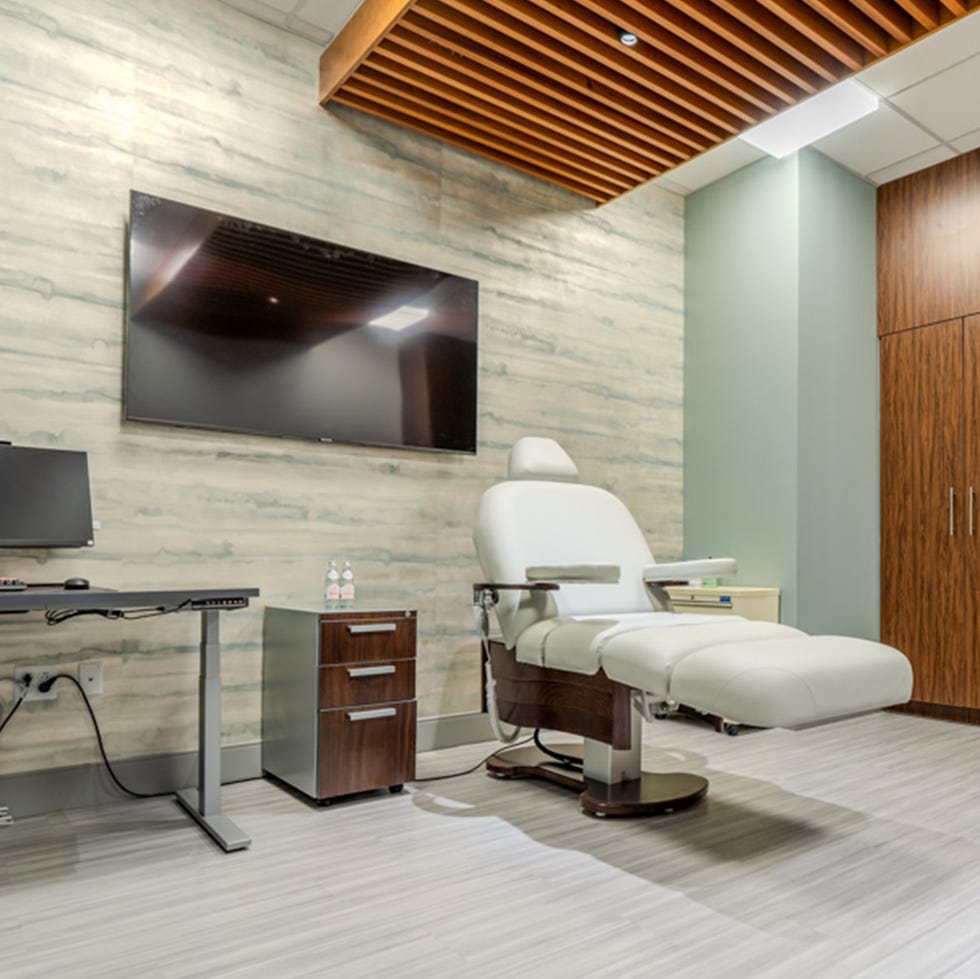
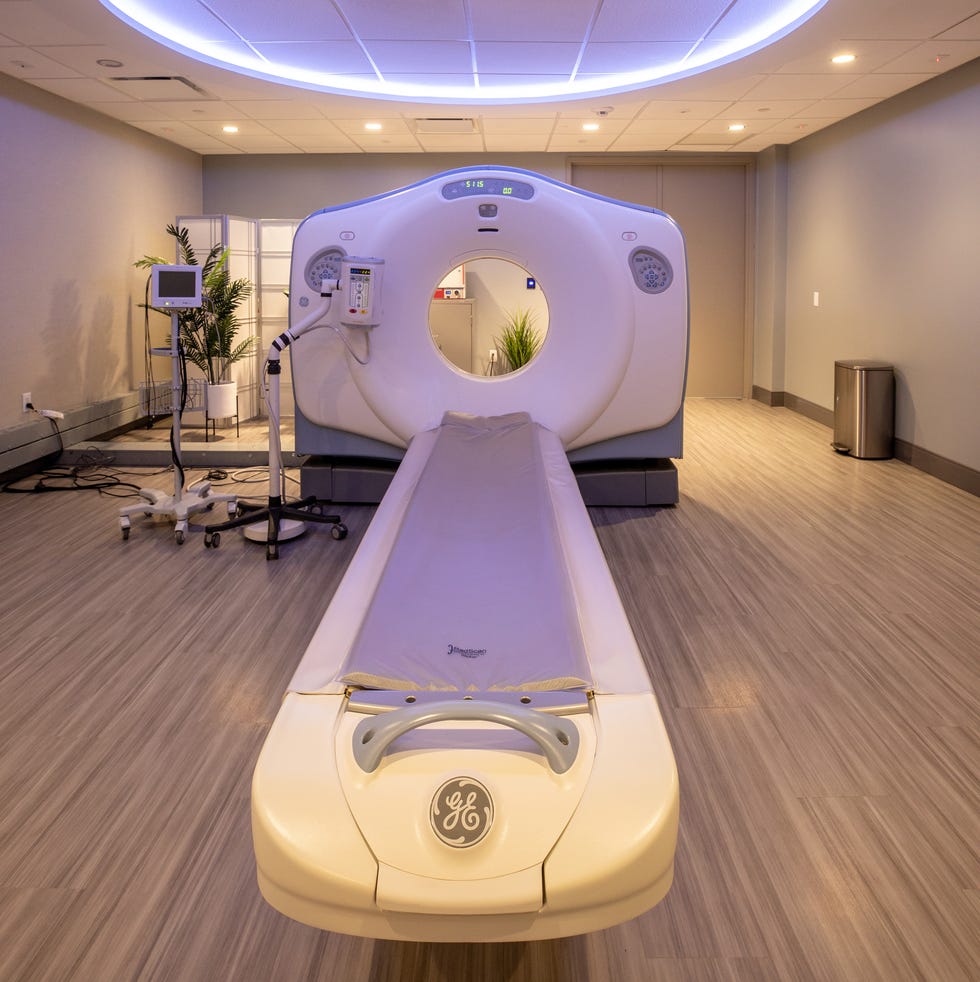
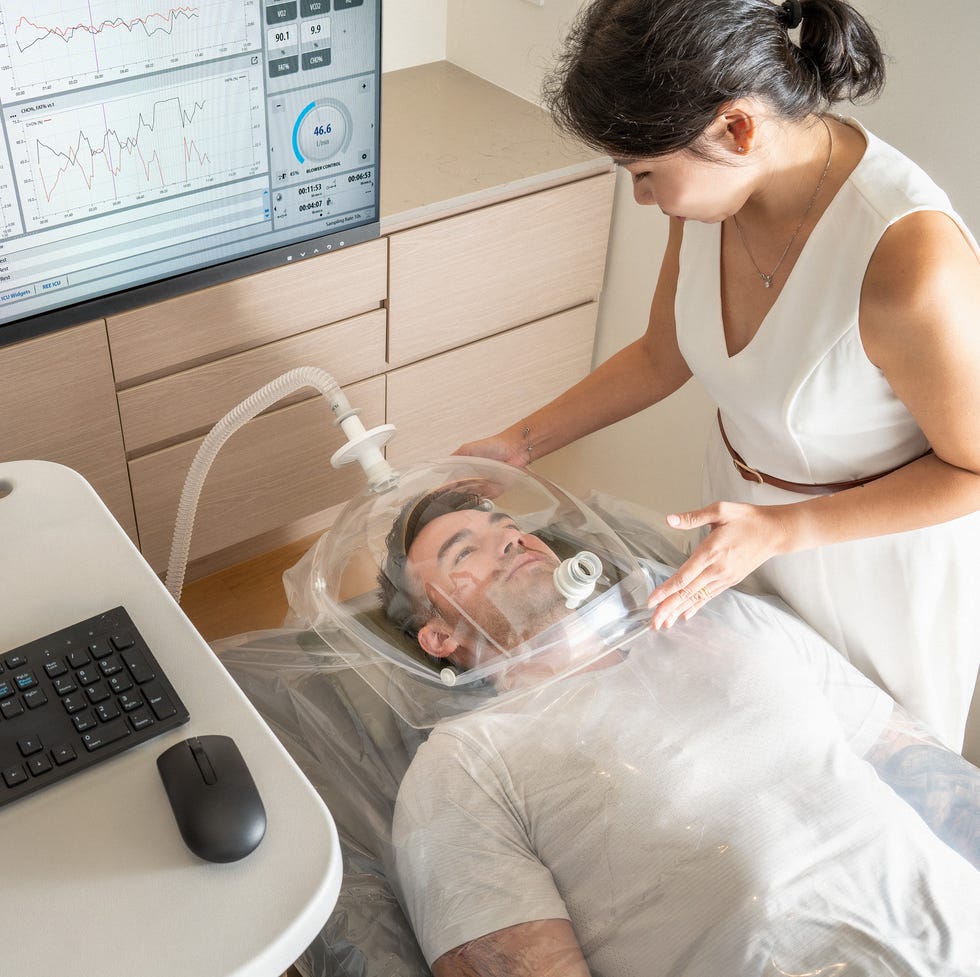
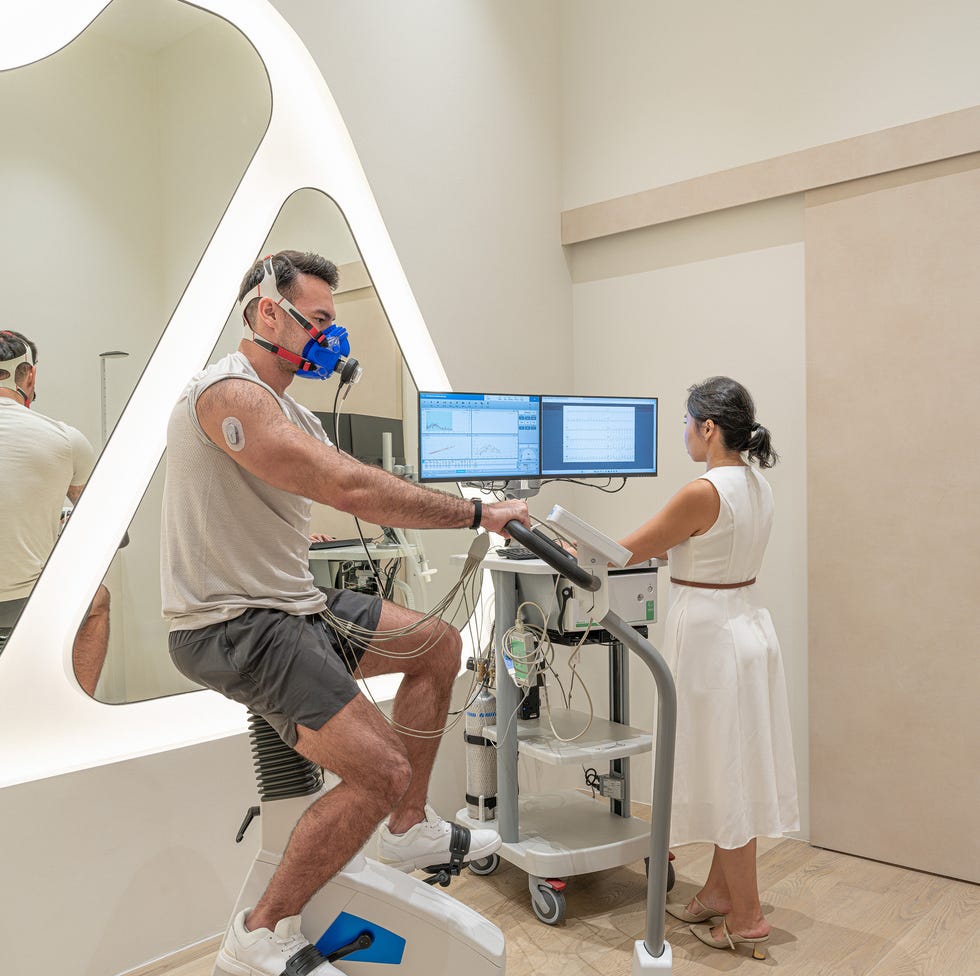

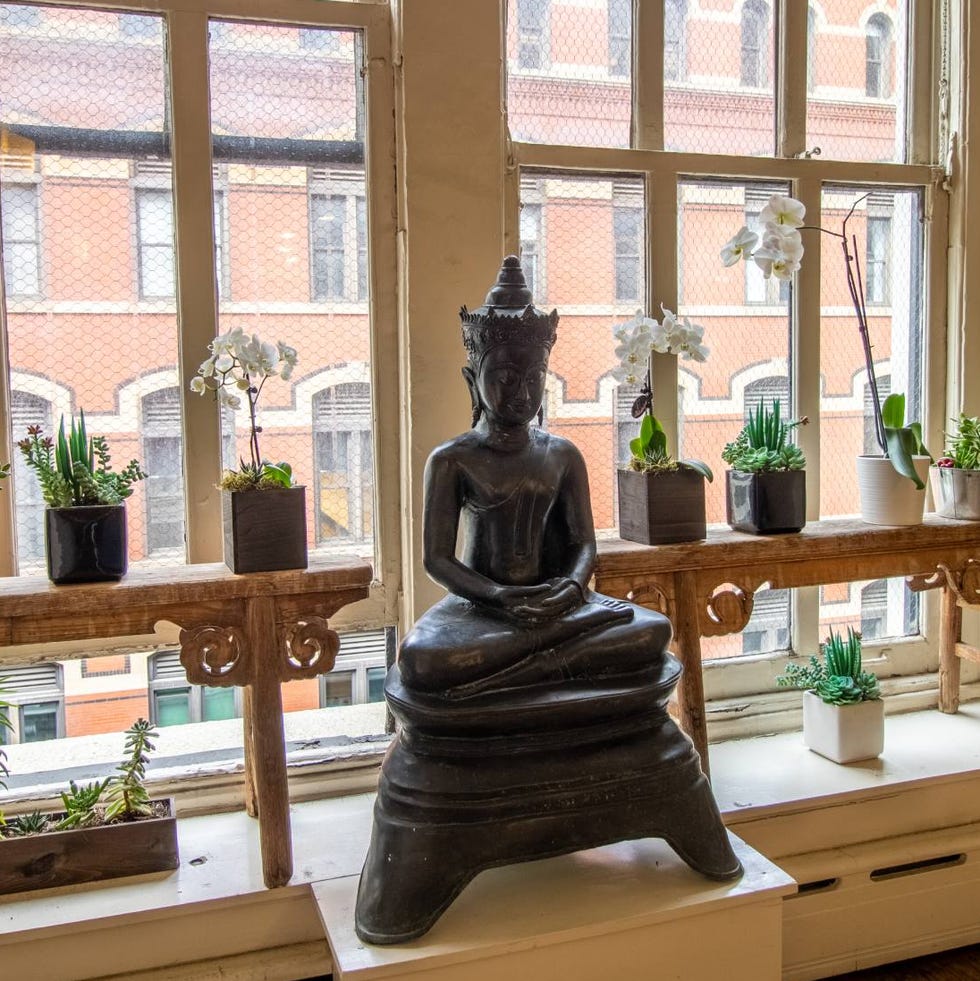
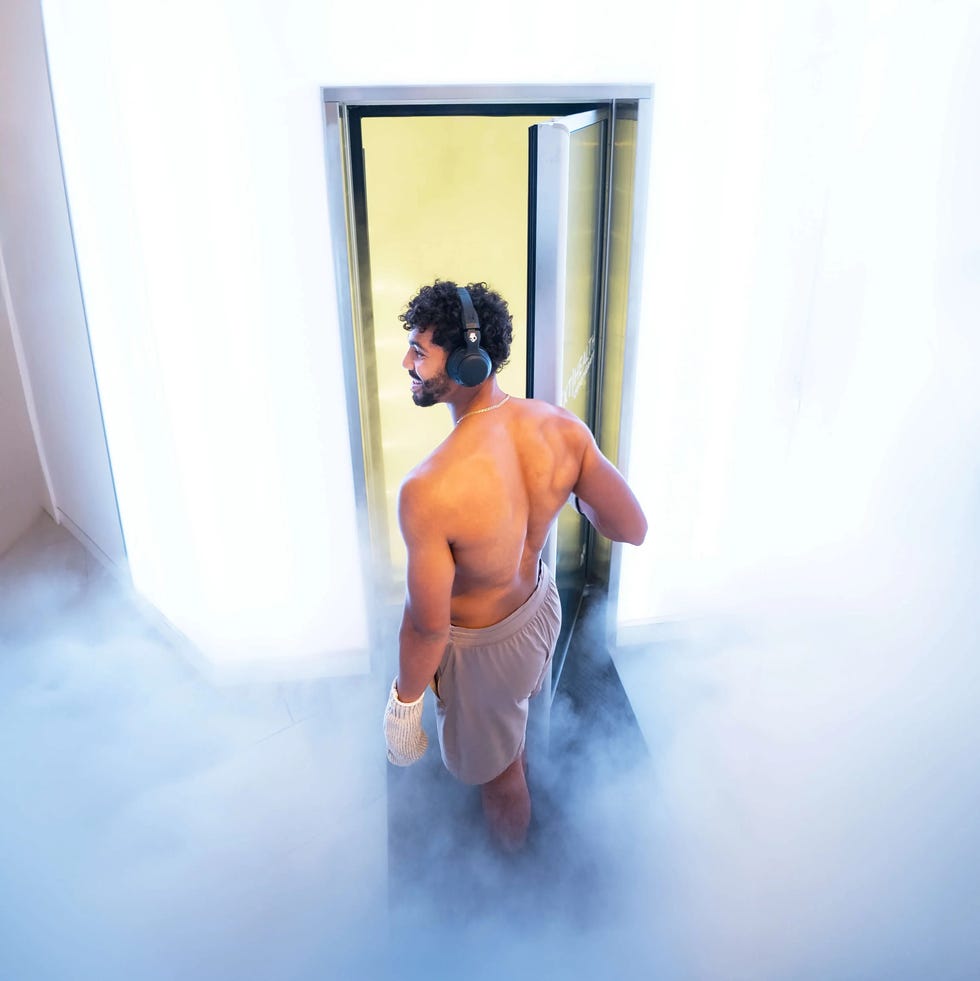
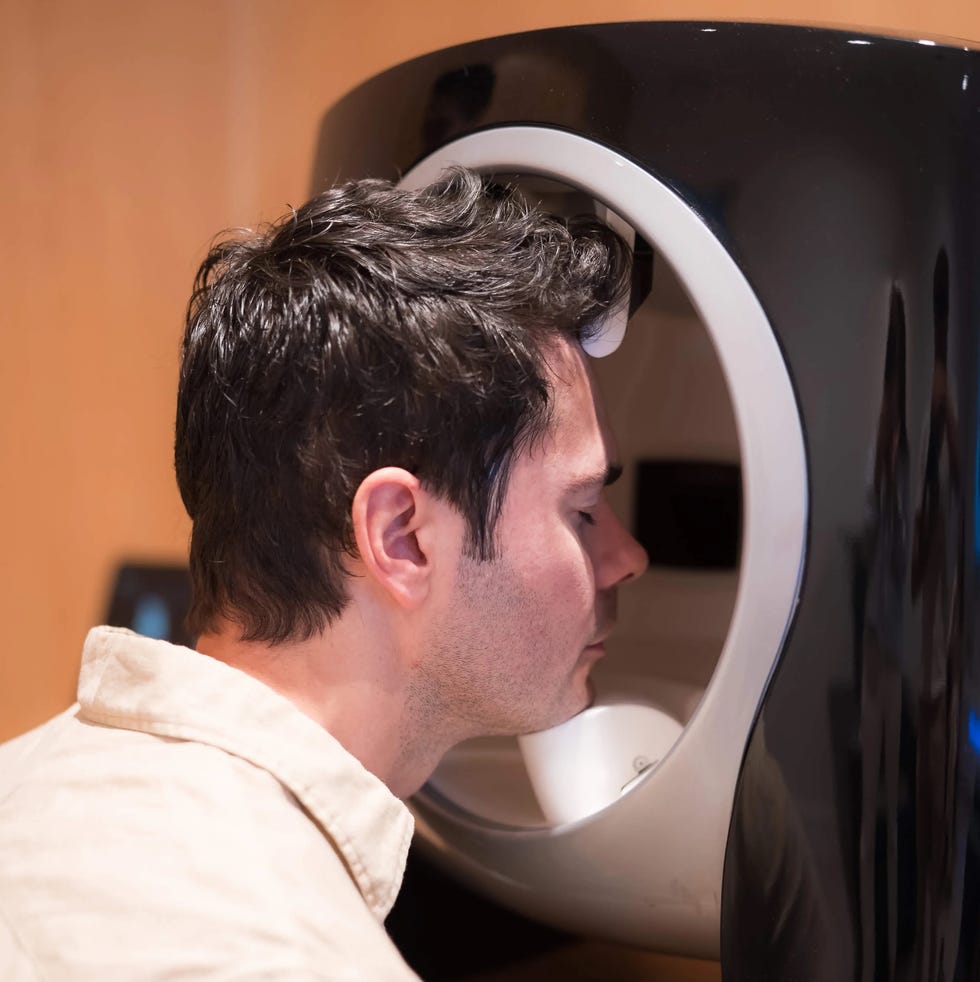
GET READY FOR the next big thing in your personal healthcare. The fast-emerging trend of longevity clinics has the goal of making you healthier longer by giving you deeper knowledge and insights into your own biology. This new medical approach that is gaining momentum is the new disruptor to current traditional medical practices. Right now, it’s out of the price range of many people, but with continued advancements in technology, it may help lead the way to a whole new approach to our health. Here’s a look at what’s out there changing the landscape now.
Fueled by the advancements in medical technology converging with artificial intelligence, innovative doctor led clinics are using evidence-based big data combined with your personal data to develop better diagnoses and treatments for personalized intervention plans.
Unlike the usual 15–20-minute visit with your primary care doctor, imagine the idea of spending several hours having a complete workup that starts with an in-depth medical consultation, followed by genetic and epigenetic testing, gut and oral microbiome analyses, glucose monitoring, therapeutic plasma exchange and more. Now imagine added layers that look at your diet and nutrition, body composition and VO2max numbers, your sleep patterns, all leading to an individualized plan that is designed just for you and all monitored over time by your wearable of choice.
Call it the ultimate concierge medical care.
Created by a growing breed of doctors, scientists, and investors who are immersed in the idea of longevity as the new horizon for medicine, its purpose is to be a more proactive and preventative approach, regardless of your age.
“The whole focus for our current healthcare system is reactive healthcare. The reality is the sicker you get, the more money the system makes,” said William Kapp, a trained orthopedic surgeon and CEO and Founder of Fountain Life, one of the top players in the space. At Fountain Life, there are several plans from a core membership starting at $6,500 per year to an APEX plan at $21,500. The APEX plan includes a Longevity team of a physician, nurse, health coach and nutritionist and uses advanced diagnostics with AI.
Helen Messier, MD, is the Chief Medical and Science Officer and explained that Fountain Life utilizes multimodal overlapping technology to ensure that things aren’t missed. They also stress the importance of identifying the root cause of any issue that is identified. For example, by doing a whole body MRI, as well as a blood based cancer test, it is unlikely to miss a cancer if it is there as well as decrease the possibility of a false positive finding. Another example is using an AI overlay of a CT scan to precisely characterize the type of plaque in the arteries feeding the heart, allowing for a more precise treatment.
Fountain Life also uses what she calls multiomics, which is a more comprehensive approach to study an individual’s biology that integrates data from different “omics” fields, like genomics and metabolomics. “There is never going to be one overall biological age, as different parts of the body age at different rates. We want to get at your brain age, kidney age, liver age for example, “she said.
Dr. Kapp along with co-Founders Tony Robbins and Peter Diamandis, MD, have a mission to transform the current healthcare system into one that is more proactive and predictive. They currently have Fountain Life locations in four U.S. cities—Dallas, Naples, New York, and Orlando—with Miami and Houston to open later this year.
They also plan to take it one step further into a project called The Estate, a group of luxury longevity resorts and residences. In the works are 15 hotels and residences around the world that will include cutting-edge preventative diagnostics, including advanced imaging, DEXA scans, blood tests and much more.
The first one to open in early 2026 will be a 14,000 square foot facility in Los Angeles called the Estate Longevity Center powered by Fountain Life. That will be followed by one in Saint Kitts in the Caribbean.
Peter Attia, M.D., the best-selling author of Outlive: The Science and Art of Longevity has also gotten into the space as a co-founder of Biograph, now in San Mateo and New York City. They utilize the latest medical innovations through up-to-date diagnostics that provide in-depth data and personalized recommendations that have been created by
Dr. Attia and the doctors on staff at Biograph.
While many global spas have begun to integrate longevity elements into their programming, they are usually more add ons than a committed focus on medicine. However, some forward-thinking hotels are partnering with these new players to have a more dedicated service.
Andrea Maier, MD, a leading global voice in longevity medicine at the National University of Singapore is the co- founder of Chi Longevity, the first evidence-based healthy longevity clinic in Asia, located at the Four Seasons Hotel in Singapore.
Her stated approach is to slow down biological aging to optimize health and target the aging process.
Ei Phyo Han is Chi’s Chief Operating Officer Asia. She explained that travelers passing through Singapore can take advantage of their health optimization programs, which range from the Vital Start program that start at $4,250 Singapore dollars to the Pinnacle program which is $18,000 Singapore dollars.
Each program includes a variety of laboratory tests, cognitive and physical assessments, medical consultations and individualized intervention plans, with support from a team of healthy longevity experts.
“If you are visiting Singapore, we will need you for 3 hours in one morning for testing and consultations and then service you remotely,” said Han, “adding that we have technology to be able to integrate with a hundred of the most popular wearables.”
She also explained that Chi’s clients are aged 18 to 90, but the sweet spot is between 45 and 60. “Many people in this age range begin to see the type of diseases that run in their families, as they see their parents decline. They want to know how they can control their health to be at the top of their game for the next 30 years,” she added.
Chi plans to expand in Asia, the Middle East, and Europe, and aims to be the gold standard of longevity clinics to meet growing demand in the space.
For some people who can afford it, the new longevity clinic is even replacing the primary care physician, since they are more adept at utilizing the new technologies and are often more readily available.
Next Health was founded by Darshan Shah, MD, a California based physician who had the idea for a health optimization and longevity center. Next Health will have 16 locations by the end of 2025, with a plan to double in 2026 and nearly 100 more in the planning stages.
During a tour of the Next Health facility in midtown New York with Ally Conant, the Customer Experience Manager, I learned about the base membership of $199 a month that included annual access to baseline tests like diagnostic biomarkers and biological age scores, InBody + VISIA Scan, as well as vitamin shots and credits for various services like Infrared Therapy. Other membership levels and costs include hormone optimization programs, stem cell joint injections and a therapeutic plasma exchange to remove particles that are known contributors to disease and accelerated aging.
Conant explained that at Next Health, you can experience Cryotherapy to target inflammation or spend time in a hyperbaric chamber to improve circulation, all at an individualized cost.
One of the O.G.’s of the longevity-focused preventative health movement is New York-based Frank Lipman, MD, who founded the Eleven Eleven Wellness Center in 1991 and is the author of multiple books, including “The New Rules of Aging Well.”
An early proponent of functional medicine which is a holistic approach that focuses on underlying causes of illness by considering the body as an interconnected system,
Dr. Lipman believes that longevity medicine is an outgrowth of this and the overall wellness space. “Longevity medicine is taking functional to the next level, where we optimize health, using hormones, peptides and nutrients that decrease as we get older,” he said.
He evolved into the longevity space as he got older. In his sixties, he was looking for ways to stay young and healthy and now at 70 is fully engaged in the diagnostics and technology available for his patients. A solo practitioner, Dr. Lipman is one of the players leading the shift into this new form of medical approach for his committed following.
The offerings in the longevity clinics and practices are mostly membership-based programs ranging from as low as $199 a month to $20,000 or more a year. In this first generation of clinics neither insurance or medicare will cover many of the procedures, relying on out of pocket or HSAs to cover the costs. An individual with coverage under a qualifying high-deductible health plan can contribute up to $4,300 per year for self-only and $8,550 for family coverage into an HSA. If you are 55 or older, you can add an additional $1,000.
Most of the clinics also offer a la carte options so that individuals can begin the healthy longevity journey at their own pace. “Our goal is to get the price points to a place where the majority of our services can be covered within their heath savings accounts,” said Next Health’s Shah.
It’s still early days in the longevity clinic space. “This whole field is still being defined,” says Dr Messier at Fountain Life, which is why she has created Fountain University, a weekly learning program for doctors who want to learn more about longevity inspired procedures.
Phil Newman, the CEO & Founder of Longevity.Technology is tracking the fast growth of longevity clinics around the world. Currently, he surveys nearly 250 of them to learn best practices and offerings, leading to what he hopes will be an industry standard for how they might operate.
Will more doctors and traditional hospital systems move into longevity medicine in the coming years, utilizing all of the capabilities that are emerging? A part of that is training current doctors, something that David Luu, MD, is doing with a technology platform called Longevity Docs But medical schools also need to focus on it for the future of healthcare, an effort that Dr. Maier has been leading at the National University of Singapore
How will what is now something that is available only to the affluent become more mainstream, affordable and accessible to everyone? Dr. Messier believes that consumer demand will be high, forcing the medical community to work on democratizing the elements of longevity medicine into everyday primary care.
Dr. Shah, who believes that many people have given up on a primary care physician, taking more control of their own healthcare will also drive the change. “I think it will take a decade for this to become mainstream, but there is a massive tailwind right now,” said Dr. Shah, adding that “The goal of Next Health is to get to the middle market consumer to make what we are doing more accessible for people.”
How this fast-growing trend in medical care evolves remains to be seen, but with the continued advancements in diagnostics, technology, and artificial intelligence applications, it looks as if longevity medicine is here to stay. In the years ahead, it may just become what we call mainstream medicine.






